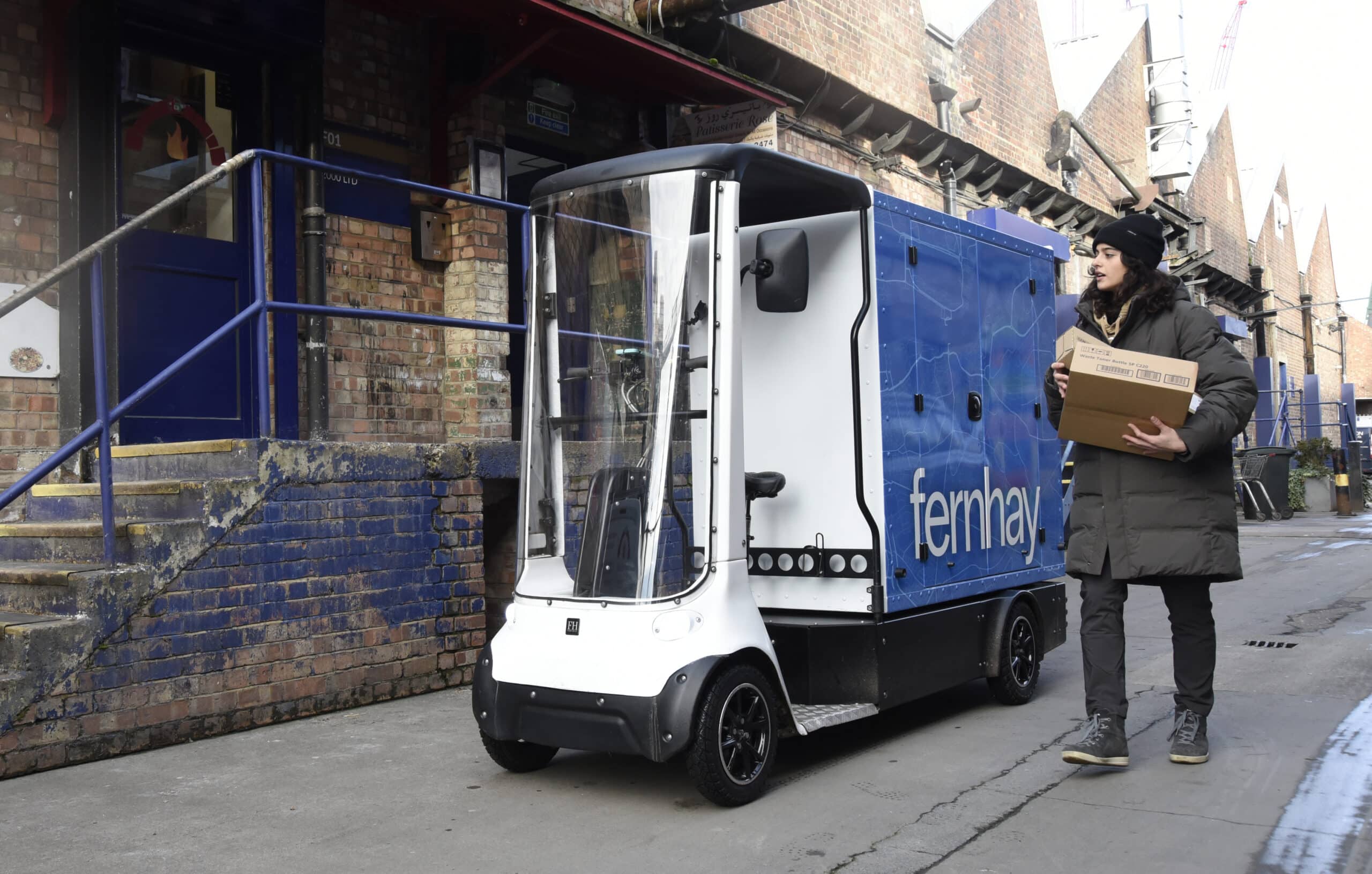In the ever-evolving landscape of urban logistics, businesses face a myriad of challenges associated with traditional delivery methods. Rising fuel costs, environmental concerns, and inefficiencies are prompting a shift towards more sustainable and cost-effective solutions. Fernhay’s eQuad, a cutting-edge e-cargo bike, offers a transformative approach to urban deliveries. This article delves into the hidden costs of traditional deliveries and elucidates why Fernhay’s eQuad is an indispensable asset for modern businesses.
The Environmental Impact of Traditional Deliveries
Traditional delivery vehicles, predominantly diesel and petrol vans, significantly contribute to urban air pollution. According to the European Environment Agency, transport accounts for nearly 30% of the EU’s total CO2 emissions, with road transport responsible for 72% of these emissions. The detrimental effects on air quality not only harm public health but also exacerbate climate change. As cities strive to meet stringent environmental regulations, the reliance on fossil fuel-powered vehicles becomes increasingly untenable.
Carbon Footprint and Regulatory Compliance
The carbon footprint of traditional delivery vehicles is substantial. In many urban areas, congestion and idling exacerbate fuel consumption and emissions. Cities like London have implemented Ultra Low Emission Zones (ULEZ) to curb pollution, imposing hefty charges on non-compliant vehicles. Businesses that fail to adapt face escalating operational costs and potential reputational damage. The eQuad, with its zero-emission electric powertrain, aligns seamlessly with these regulatory frameworks, offering a sustainable alternative that reduces carbon footprints and operational costs.
Economic Costs: Fuel and Maintenance
One of the most apparent hidden costs of traditional deliveries is the ongoing expense of fuel. With fluctuating fuel prices, businesses experience unpredictable operational costs that can erode profit margins. Additionally, the maintenance costs associated with internal combustion engine vehicles are significant. Regular servicing, repairs, and part replacements contribute to high lifecycle costs.
Fuel Efficiency and Cost Savings
The eQuad eliminates fuel costs entirely, relying on rechargeable batteries that are significantly cheaper to operate. Maintenance is also reduced, as electric vehicles (EVs) have fewer moving parts compared to traditional engines. This reduction in fuel and maintenance expenses translates into substantial cost savings over time, improving the financial viability of delivery operations.
Operational Inefficiencies and Last-Mile Challenges
The last mile of delivery, often the most complex and expensive segment, is fraught with inefficiencies. Traditional vans struggle with navigating narrow urban streets, congested traffic, and limited parking. These challenges lead to delays, increased labour costs, and customer dissatisfaction.
Agility and Accessibility of the eQuad
The eQuad’s compact design and manoeuvrability make it ideally suited for urban environments. It can easily navigate through traffic, access pedestrian zones, and park in spaces where traditional vehicles cannot. This agility enhances delivery efficiency, reduces delays, and improves customer satisfaction. The ability to make more deliveries in less time without the hassle of parking constraints is a game-changer for urban logistics.
The Human Cost: Driver Fatigue and Job Satisfaction
Drivers of traditional delivery vehicles often face long hours in congested traffic, leading to fatigue and decreased job satisfaction. The physical strain of navigating heavy vehicles in urban environments can also contribute to health issues.
Improved Working Conditions with the eQuad
The eQuad offers a more pleasant and less stressful working environment for drivers. Its ease of use, coupled with the ability to avoid traffic congestion, reduces driver fatigue and improves job satisfaction. Happier, healthier drivers are more productive and less likely to leave their positions, reducing turnover and associated recruitment costs.
Future-Proofing Urban Logistics
As cities continue to grow and evolve, the demands on delivery systems will only increase. Investing in traditional delivery methods is increasingly seen as a short-sighted approach. The shift towards sustainable, efficient, and adaptable solutions is not just preferable but essential for future-proofing urban logistics.
Scalability and Flexibility
Fernhay’s eQuad is designed with scalability in mind. Its modular design allows businesses to adapt the cargo area to suit various delivery needs, from groceries to parcels. This flexibility ensures that businesses can continue to meet customer demands efficiently as they grow and evolve. Moreover, the eQuad’s compatibility with emerging smart city infrastructure and technologies positions it as a forward-thinking solution that can integrate seamlessly into the urban ecosystems of tomorrow.
Conclusion
The hidden costs of traditional deliveries, from environmental impact to economic inefficiencies and human strain, underscore the need for innovative solutions in urban logistics. Fernhay’s eQuad emerges as a crucial asset, offering a sustainable, cost-effective, and adaptable alternative. By addressing the challenges of traditional delivery methods, the eQuad not only enhances operational efficiency but also contributes to a greener and more livable urban environment. For businesses committed to sustainable growth and future readiness, the eQuad represents a pivotal step towards transforming urban deliveries.

